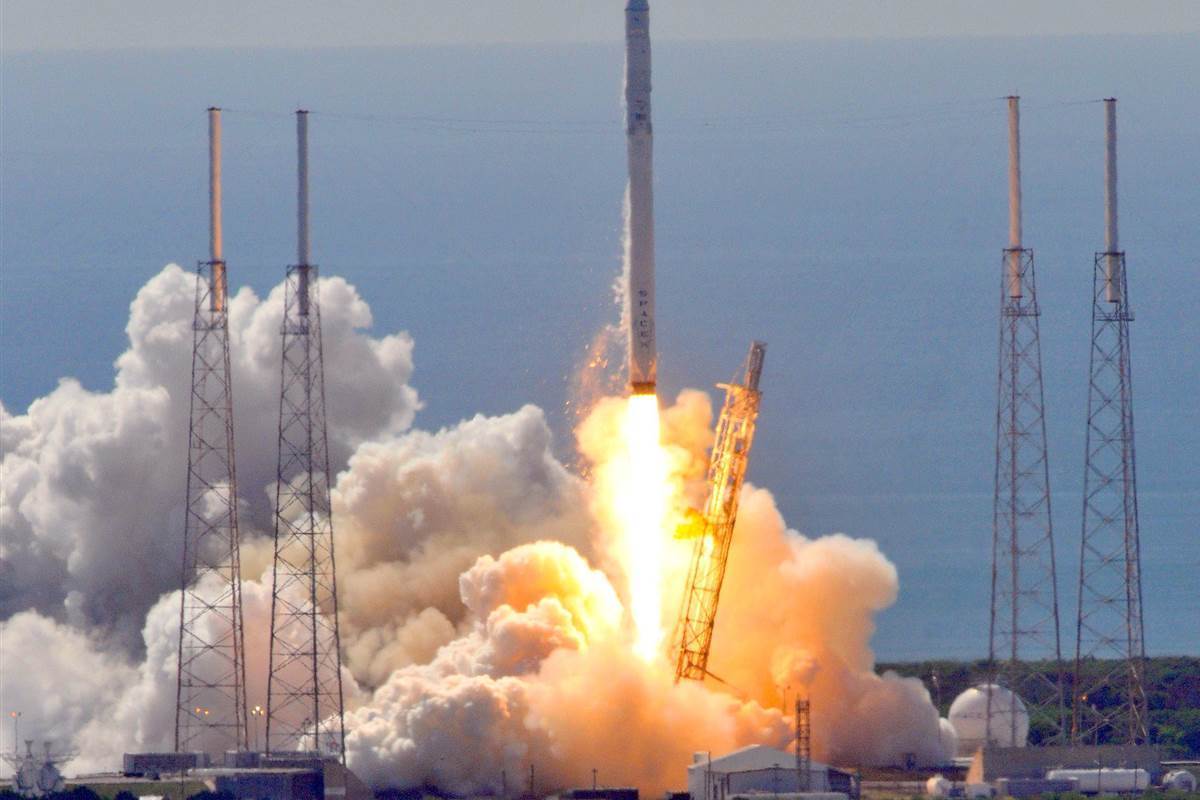
If it’s any small comfort, 2016 probably wasn’t the most enjoyable year for billionaire Elon Musk, either.
SpaceX’s first manned flight to the International Space Station has been postponed until 2018, NASA announced on Monday.
It’s another setback for Musk’s space exploration company, which is hoping to blast into the new year with an ambitious launch schedule. SpaceX is hoping to return to flight in January — four months after a rocket explosion damaged its launchpad and destroyed the satellite it had been set to carry into orbit.
Related: SpaceX Rocket Explosion Destroys Facebook Internet Satellite
“We’re continuing to make progress with the investigation into our Sept. 1 anomaly and we are working to safely and reliably return to flight in early January,” SpaceX spokesman Phil Larson said in an emailed statement.
First, however, the company will have to wrap an investigation into what went wrong.
The months following the Falcon 9 explosion have brought many questions and few answers as investigators seek to determine the cause. The wait was too much for one SpaceX customer, Inmarsat, which opted last week to take its business to a European competitor, Arianespace.
“Inmarsat is a long-time partner, and we wish them well with their upcoming mission,” Larson said.
The incident shows how a single anomaly can become a major setback for a space company, Jim Cantrell, Vector Space Systems CEO and a founding member of SpaceX, told NBC News.
“This one was particularly devastating from an organizational perspective,” he said, adding that SpaceX was hit with the “double whammy” of a damaged launch pad and losing a customer’s (multi-million-dollar!) satellite.
Related: The New Race to Build a Space-Based Internet
“These accidents are tough to come back from and it is often tough to get everybody to agree, ‘this is really what happened,’ and sometimes it’s tough to fix it,” he said.
SpaceX’s timeline is ambitious, but they’ve pulled it off in the past. After their Dragon capsule exploded en route to the International Space Station, the company was sidelined for six months.
Orbital Sciences took a year to return to flight after its Antares rocket exploded in October 2014. NASA took years to resume shuttle flights after the Columbia explosion.
The September accident has been particularly perplexing for Musk and his team.
On Twitter, Musk appealed for the public’s help for any photos or video taken from different angles of the anomaly, which he called “the most difficult and complex failure we’ve had in 14 years.”







